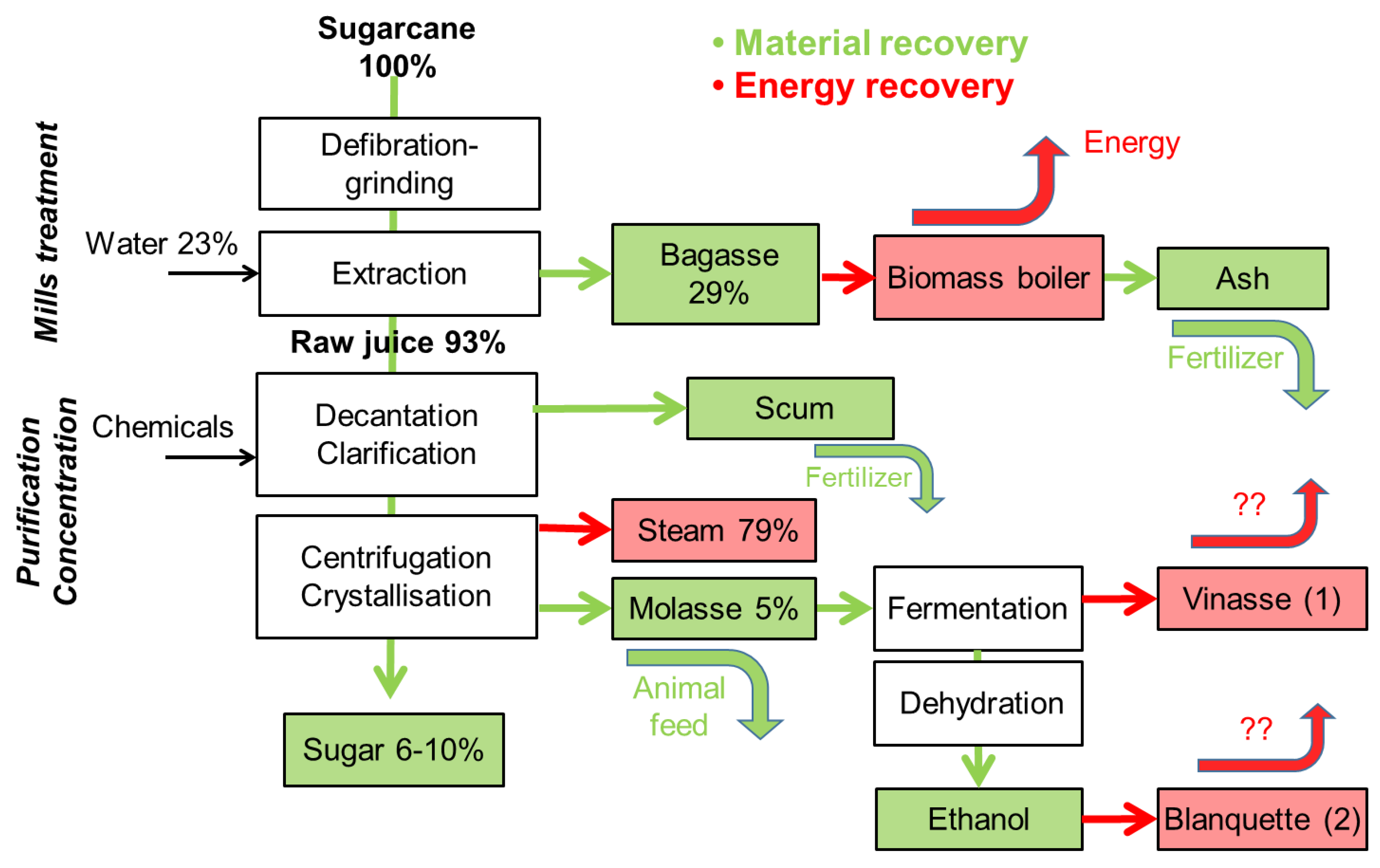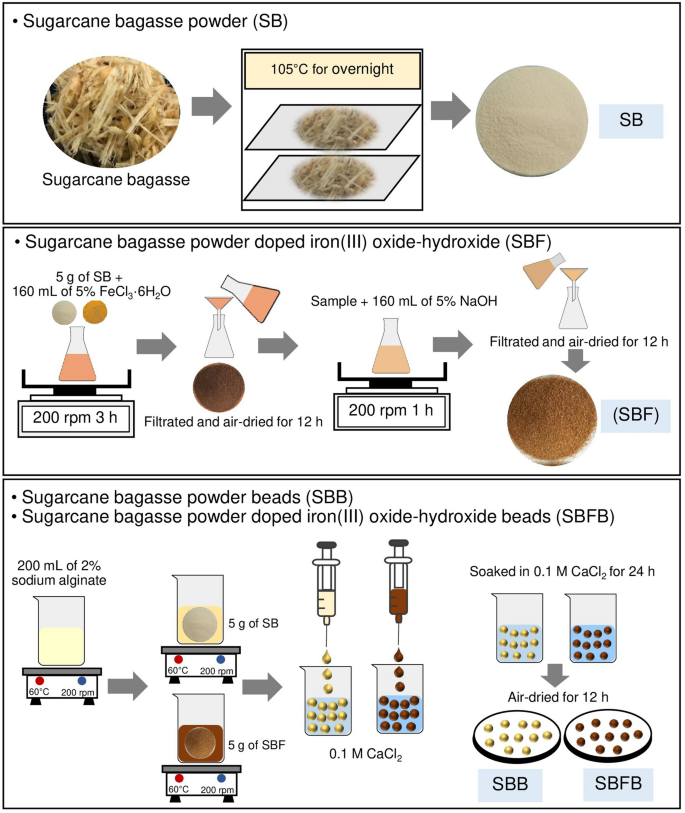Discover the Innovative Advantages of Products From Sugarcane for Sustainable Living
Sugarcane has arised as a pivotal resource in the quest for sustainable living. Its diverse applications span eco-friendly product packaging, renewable power, and much healthier food alternatives. As industries seek environment-friendly alternatives, sugarcane's versatility offers encouraging remedies. Nevertheless, truth potential of sugarcane prolongs beyond its current usages. Discovering its ingenious benefits can disclose brand-new paths towards an extra lasting future. What various other opportunities might this amazing plant hold?

The Rise of Sugarcane as a Lasting Resource
As international awareness of environmental concerns grows, sugarcane has actually emerged as a prominent lasting source. This versatile plant supplies a variety of benefits that contribute to environmentally friendly techniques. Sugarcane is a renewable resource, qualified of flourishing in varied environments while soaking up carbon dioxide, consequently minimizing greenhouse gas discharges. Its rapid development cycle allows for constant harvesting, causing a continuous supply of raw material.Additionally, sugarcane cultivation typically calls for less water compared to various other plants, making it an effective alternative in water-scarce regions. The spin-offs of sugarcane, such as bagasse and molasses, can be repurposed for different applications, minimizing waste and advertising round economic situation principles. Furthermore, developments in agricultural methods have actually brought about even more lasting farming approaches, additionally enhancing sugarcane's environmental account. As consumers increasingly seek sustainable choices, sugarcane stands apart as a feasible alternative for those devoted to lowering their environmental impact.
Biodegradable Product Packaging Solutions
How can eco-friendly product packaging remedies change the way consumers approach sustainability? By utilizing sugarcane-based products, these cutting-edge remedies supply a compelling alternative to typical plastics. Naturally degradable packaging made from sugarcane disintegrates naturally, noticeably minimizing land fill waste and greenhouse gas exhausts. As consumers end up being significantly mindful of their ecological effect, the demand for sustainable product packaging remains to rise.These sugarcane-derived items not only serve functional objectives however also straighten with eco-conscious consumer values. They provide a tangible means for companies and individuals to add to a circular economy, advertising source effectiveness and lessening environmental footprints. In addition, as markets adopt biodegradable alternatives, they promote a culture of sustainability that reverberates with a growing market seeking accountable choices.In essence, biodegradable product packaging solutions from sugarcane stand for an important advance in lasting methods, empowering consumers to make eco pleasant decisions without giving up benefit or top quality.
Renewable Resource Generation From Sugarcane
A substantial portion of renewable resource generation can be originated from sugarcane, showcasing its adaptability past conventional agricultural usages. Sugarcane biomass, consisting of bagasse and leaves, is a powerful resource for bioenergy manufacturing. This biomass can be converted right into biofuels such as ethanol, which acts as a cleaner choice to nonrenewable fuel sources. In addition, the combustion of sugarcane results produces steam and electrical energy, providing an energy resource for sugar mills and neighboring communities.The farming of sugarcane also adds to carbon sequestration, as the plants take in co2 during their growth cycle. By utilizing sugarcane for energy, waste is lessened, and lasting practices are encouraged. This eco-friendly power approach not just supports energy needs but likewise promotes rural growth, developing jobs in bioenergy markets. In general, sugarcane sticks out as a principal in the change to lasting power options, straightening with global efforts to reduce carbon impacts.

Eco-Friendly Textiles and Fabrics
Environment-friendly textiles and materials stemmed from sugarcane present an encouraging choice to traditional products. These naturally degradable options not just minimize environmental impact but likewise provide resilience and performance comparable to standard materials. Sustainable production processes even more boost their charm, making them an essential component of a sustainable way of living.
Eco-friendly Material Choices
Why is the change towards biodegradable textile choices necessary for lasting living? The enhancing recognition of environmental degradation has actually prompted a search for choices to standard fabrics, which frequently add to pollution and waste. Naturally degradable materials, stemmed from renewable sources such as sugarcane, offer an appealing option. These products decompose normally, minimizing garbage dump buildup and reducing ecological impact. In addition, they can help reduced carbon footprints and dependence on nonrenewable fuel sources. As customers become extra eco-conscious, the demand for sustainable textiles grows, encouraging manufacturers to innovate and invest in naturally degradable options. This modification not just sustains lasting practices however likewise cultivates a round economic climate, leading the way for a more responsible technique to style and fabric manufacturing.
Longevity and Performance
Toughness and efficiency are crucial aspects when examining eco-friendly textiles and fabrics. Sugarcane-derived materials demonstrate impressive strength and durability, making them ideal for different applications. These textiles frequently exhibit exceptional moisture-wicking buildings, which improve comfort in daily wear. Furthermore, their all-natural fibers add to breathability, guaranteeing that garments remain fresh and wearable also sought after conditions. The performance of sugarcane-based textiles includes their resistance to tear and put on, enabling products to keep their stability over time. These environmentally friendly fabrics can be treated to boost UV Read Full Report security and stain resistance, satisfying the useful demands of consumers without endangering sustainability. Eventually, sugarcane materials supply a harmonious equilibrium of toughness and efficiency, interesting ecologically aware people.
Lasting Production Processes
The excellent sturdiness and efficiency of sugarcane-derived textiles are matched by lasting production procedures that focus on ecological responsibility. These procedures utilize renewable energies, decreasing reliance on fossil fuels and reducing carbon footprints. By using the byproducts of sugarcane farming, suppliers can create environment-friendly fabrics while promoting waste decrease. Advanced strategies, such as water-efficient dyeing and naturally degradable therapies, better enhance the sustainability of these fabrics. Furthermore, using safe chemicals warranties that the manufacturing procedure does not hurt environments or human click here for more health and wellness. This commitment to sustainability not just interest ecologically mindful consumers but likewise sustains neighborhood economic situations by promoting lasting agricultural methods. In general, sugarcane-derived textiles stand for a significant action towards a greener future in the fashion business.
Sugarcane-Based Biofuels and Their Effect

Sugarcane-based biofuels have become a significant different energy source, offering a sustainable solution to the globe's growing energy demands. These biofuels, stemmed from the fermentation of sugarcane juice or molasses, present a more lasting alternative contrasted to nonrenewable fuel sources. Their manufacturing process generates lower greenhouse gas exhausts, adding to environment change mitigation efforts.Additionally, sugarcane biofuels can improve power security by diversifying power resources and lowering reliance on imported oil. The farming of sugarcane additionally advertises rural development, creating jobs and boosting neighborhood economies.However, problems concerning land use and food competitors linger, as raised biofuel production may affect food supply chains. Lasting agricultural techniques are necessary to stabilizing these contending interests and making sure that biofuel manufacturing does not weaken food safety and security. Generally, sugarcane-based biofuels stand for a promising opportunity for a greener power future, offered that their social and ecological effects are meticulously managed.
Much Healthier Alternatives: Sugarcane in Food Products
While numerous consumers seek healthier choices in their diet regimens, sugarcane items offer a nutritious option to improved sugars and sweetening agents. Stemmed from the all-natural removal of sugarcane juice, these products preserve essential nutrients, consisting of minerals and vitamins, that are often lost in processed sugars. Sugarcane has anti-oxidants and dietary fiber, adding to total wellness and wellness.Many health-conscious individuals are transforming to sugarcane syrup and jaggery, which offer a reduced glycemic index contrasted to traditional sugars, making them appropriate for those taking care of blood glucose degrees. In addition, sugarcane-derived sugar can improve the flavor of various meals without the negative results related to man-made additives.This change towards all-natural artificial sweetener not just promotes better dietary choices however additionally aligns with lasting living practices, as sugarcane is a renewable energy. Therefore, sugarcane items are becoming beneficial choices in the domain of foodstuff.
The Future of Sugarcane in Lasting Advancements
The future of sugarcane is poised to incorporate innovative applications that prolong past conventional usages. Its potential as a resource for eco-friendly packaging remedies and renewable resource sources highlights its function in sustainable practices. Checking out these innovations might substantially affect environmental conservation and resource administration.
Eco-friendly Product Packaging Solutions
A boosting number of Bonuses firms are turning to naturally degradable product packaging solutions originated from sugarcane as an encouraging option to traditional plastics. These cutting-edge materials, usually made from sugarcane fibers and bioplastics, break down normally, decreasing the resilient environmental effect connected with standard plastic waste. By utilizing sustainable sources, sugarcane-based packaging contributes to a more lasting manufacturing cycle, straightening with international efforts to combat air pollution and climate adjustment. Additionally, these services frequently keep the resilience and functionality needed for different applications, from food containers to shipping materials. As consumer demand for green options grows, businesses adopting sugarcane packaging not only improve their brand picture but also play a pivotal role in promoting a round economy, leading the method for a greener future.
Renewable Resource Resources
Naturally degradable packaging remedies are simply one aspect of the wider capacity of sugarcane in promoting sustainability. One more substantial application exists in eco-friendly energy sources. Sugarcane is a flexible plant that can be used to generate biofuels, such as ethanol, which acts as a cleaner option to nonrenewable fuel sources. The fermentation procedure of sugarcane juice yields ethanol that can power cars and generate electrical energy. Furthermore, the by-products of sugarcane handling, like bagasse, can be used to generate biomass power, providing a sustainable and efficient technique to harness energy. This dual duty as both a resource of biofuel and biomass highlights sugarcane's potential in reducing carbon exhausts and sustaining a shift to a more lasting energy landscape in the future.
Often Asked Concerns
Just How Is Sugarcane Harvested Sustainably?
Sugarcane harvesting can be lasting with techniques like hand-operated cutting, which lessens dirt disturbance, and using machinery that minimizes fuel intake (Products From Sugarcane). Plant turning and integrated bug administration even more enhance ecological health and wellness and advertise long-lasting dirt fertility
What Are the Ecological Impacts of Sugarcane Farming?

Can Sugarcane Products Be Recycled?
The concern of whether sugarcane products can be reused discloses a positive outlook. Many sugarcane-derived products, such as bioplastics and product packaging, are developed for recyclability, adding to a more sustainable waste administration technique within ecological considerations.
Exist Any Kind Of Downsides to Using Sugarcane-Based Products?
The disadvantages of utilizing sugarcane-based items include prospective land use competitors with food plants, challenges in large-scale production, and concerns concerning the ecological influence of monoculture farming techniques, which can diminish biodiversity and dirt health.
Just How Does Sugarcane Farming Affect Citizen Communities?
Sugarcane growing impacts local communities by supplying employment possibilities and boosting neighborhood economic situations. It can additionally lead to land disputes and environmental issues, influencing farming methods and community health and wellness, demanding a balanced technique to advancement. Advancements in agricultural practices have actually led to more sustainable farming techniques, further improving sugarcane's ecological account. In addition, the combustion of sugarcane byproducts produces vapor and electrical power, providing an energy resource for sugar mills and neighboring communities.The cultivation of sugarcane likewise contributes to carbon sequestration, as the plants take in carbon dioxide during their development cycle. By making use of sugarcane for power, waste is lessened, and sustainable practices are urged - Products From Sugarcane. Sugarcane includes anti-oxidants and nutritional fiber, contributing to total wellness and wellness.Many health-conscious individuals are transforming to sugarcane syrup and jaggery, which provide a lower glycemic index contrasted to standard sugars, making them suitable for those handling blood sugar levels. Additionally, the by-products of sugarcane handling, like bagasse, can be made use of to create biomass energy, providing a sustainable and effective method to harness power